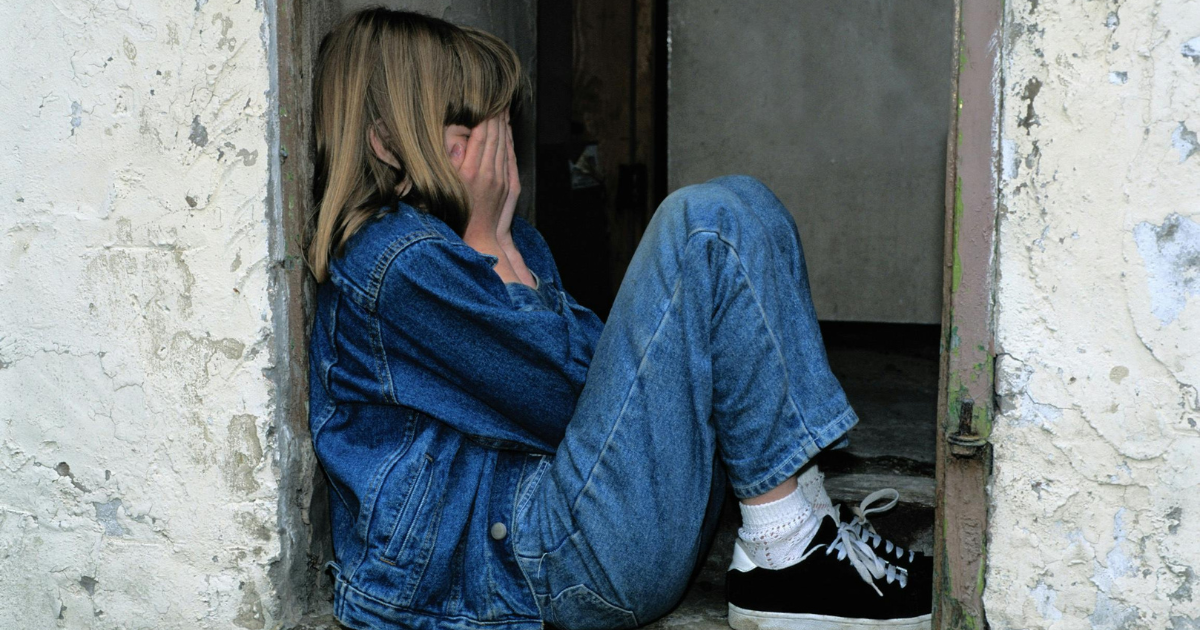Over the past few years, social isolation and mental health have formed some inextricable bends in modern life. The act of being physically isolated from the world often takes a heavy toll on one’s mental well-being, usually resulting in a flood of psychological challenges. Humans are inherently social beings, and that particularity adds weight to the thoughts of the absence of regular social life on one’s emotional state. Many studies have shown that social connections are essential as they have a great impact on emotional stability, cognitive function, and physical health.
In this blog post, we will explore the many impacts on mental well-being that result from social isolation, focusing on the biological and emotional ramifications that would otherwise affect the disconnection from regular social interaction.
Recognizing the Signs of Social Isolation
Recognizing the signs of social isolation becomes the first essential step toward understanding and reducing its effects. Some may be pretty obvious, while others are relatively subtle. By identifying these, individuals can take certain steps to gradually reconnect with their communities and consequently lessen the psychological effects of isolation.
What Social Isolation May Look Like
In social isolation, an individual can undergo diverse experiences based on their scenario. Common signs of such cases include:
- Withdrawal From Social Activities. If the person abandoned attending events and social gatherings or withdrew from daily interactions, it could imply that the individual is feeling alone.
- Changes in Communication Habits. There was regular contact between such an individual and friends or family members until one’s attitude turned distant, thus isolating him or her from them.
- Decline in Personal Care. Someone who is socially isolated may neglect their hygiene or grooming, showing signs of distress.
This insight will absorb the love of a caring family or caregivers in the early intervention of care, saving the person suffering from psychological indivisibility from the overwhelming disaster that naturally follows.
Social Isolation Vs. Loneliness
Although sometimes confused with one another, social isolation and loneliness are different concepts. While social isolation signifies some physical aspect of being separated from others, loneliness signifies an emotional experience.
One may be surrounded by others and still feel lonely, while a loner may not feel isolated because of occupying good company. Nevertheless, both experiences may operate powerfully on someone’s mental health.

The impact of loneliness on mental health is severely damaging. It has long been known that chronic loneliness can significantly increase the risk for depression, anxiety, and some other emotional disorders.
One should note that loneliness has an intimate bond with depression. If one is isolated for a prolonged time, such a feeling can heighten the symptoms of depression in the person, making it difficult to escape the vicious cycle of isolation.
The Impact of Social Isolation on Mental Health
The impact of social isolation goes beyond mere emotional strain. When a person is socially isolated for a long time, profound biochemical and morphological changes occur in the brain. Research has indicated that isolation affects brain chemistry, superimposed upon cognitive impairment concurrent with stress.
During social interactions, the brain releases neurochemicals such as oxytocin, which regulate mood and happiness. Their absence or reduced level elevates stress, making the brain more vulnerable to anxiety, depression, and even dementia-like symptoms. These psychological cycles are not merely restricted to mood disorders. Moreover, they incorporate context around cognitive performance, especially when this is done in the elderly.
Causes of Social Isolation
Numerous factors contribute to social isolation, including individual elements and external conditions. In the following discussion, we will explore several prevalent causes and their impact on mental health decline.
Depression
Depression may cause isolation by various processes. Sufferers feel tired, hopeless, and uninterested in associating with other people. Withdrawal is a typical reaction to the feelings of desolation that proceed with depression, making for more withdrawal. As the affected person distances themselves from their loved ones, the lonely-depression circle makes it harder to break.
Illness
Cancer, arthritis, and heart disease are chronic illnesses that, more often than not, lead to physical limitations where it becomes difficult to participate in social activities. Such limitations can result in embarrassment or frustration for the person with long-term health conditions, leading to withdrawal from their usual social circles. Such withdrawal leads to social isolation, which worsens mental health challenges of social isolation even more.

Social Anxiety
Social anxiety disorder is one of the most prevalent psychological conditions leading to contraction and withdrawal. People suffering from social anxiety have a lot of problems dealing with social situations because they fear being judged and/or embarrassed. As such social situations trigger anxiety responses, they tend to isolate further and intensify anxiety and loneliness thereafter.
Stress
Chronic stress, whether from work, family, or finances, can lead to a kind of retreat into oneself, resulting in avoiding all social interactions. This isolation only further exacerbates feelings of social disconnection and mental health issues, fostering an ongoing cycle of withdrawal and emotional suffering.
Effects of the Pandemic
The pandemic of COVID-19 significantly increased the extent of social isolation throughout the globe. Restricted in many parts of the world, these measures made many individuals feel disconnected from their social connections.
Trauma
In people’s life experiences, past trauma, like abuse, neglect, or the loss of a loved one, develops these qualities through self-emotional and self-physical isolation. They fear being hurt again, so hesitating to interact with anyone else. This isolation can lead to associated psychological issues like depression, anxiety, or even post-traumatic stress disorder.
Coping With the Effects of Social Isolation
Coping with isolation may prove somewhat complicated, but it is just a matter of equipping oneself with such strategies and eventually mitigating its consequences. To this end, the best practical tools against social isolation and stress will rely on humans effortlessly engaging in small yet significant means to reach out to others and bear their sufferings.
- Overcoming social isolation begins with confronting the problem and seeking assistance. This may mean contacting friends and family, seeking therapy, or joining support groups.
- For some, therapy can bring up the issues fueling the fire of social isolation. Cognitive behavior therapy is notably effective in treating social anxieties, depression, or other related disorders.
- The discovery of new means of coping, including mindfulness, exercise, and creative expression, reduces feelings of loneliness and stress.
- Building a routine with social activities or volunteer work gives one a sense of purpose and provides an opportunity to connect with others, relieving isolation.
- Taking care of the body through physical exercise, better nutrition, and enough sleep is important, as these activities help uplift mood and energy levels.
A few suggestions may help you deal with loneliness and mental health. The longer someone stays alone, the more they are dragged toward a pit of mental despair. Our personalized support can help you overcome social isolation, manage social anxiety, and improve your mental health. Call today to schedule a consultation with one of our counselors and take the first step toward a healthier and more connected life.
FAQs
What is the difference between social isolation and loneliness?
Social isolation refers to physical separation from others, while loneliness is the emotional experience of feeling disconnected, regardless of social interactions.
Can social isolation lead to depression?
Yes, social isolation and depression are closely linked. Prolonged isolation can contribute to the development or worsening of depressive symptoms.
What are the effects of isolation on the brain?
Chronic isolation can lead to changes in brain chemistry, increasing the risk of cognitive decline, anxiety, and depression.
How can I overcome social isolation?
Start by reaching out to friends and family, seeking professional support, and gradually re-engaging in social activities that bring joy and fulfillment.
Is social isolation a serious mental health risk?
Yes, the mental health risks of being isolated are significant, with long-term isolation potentially leading to anxiety, depression, cognitive decline, and emotional instability.








